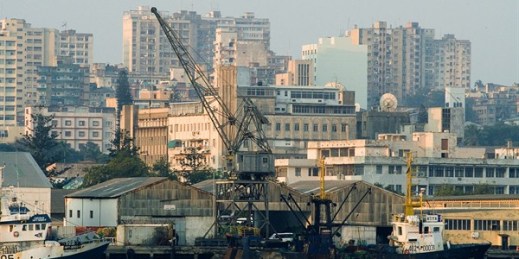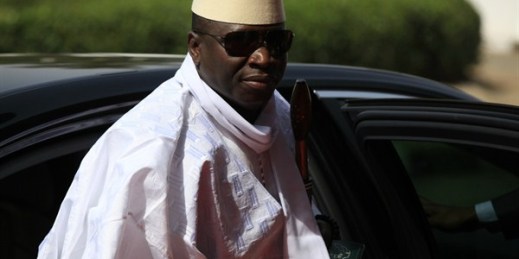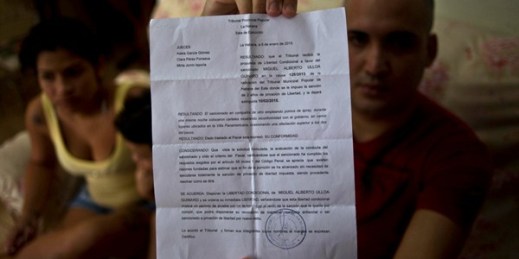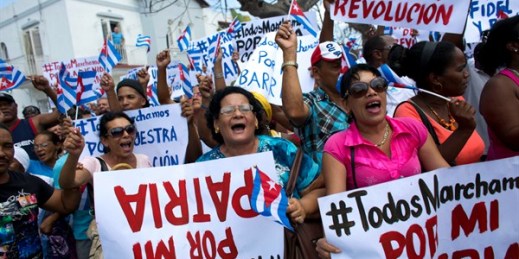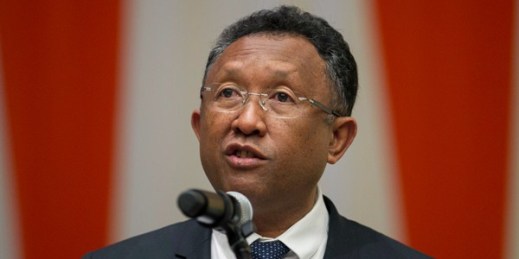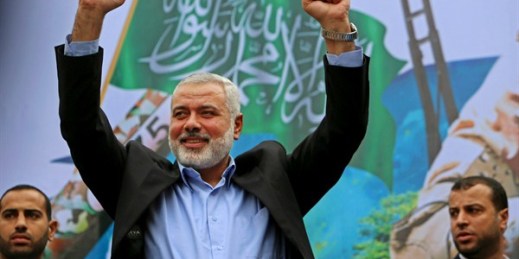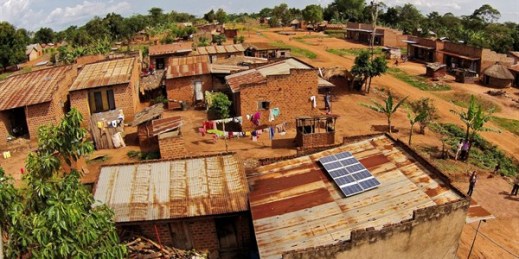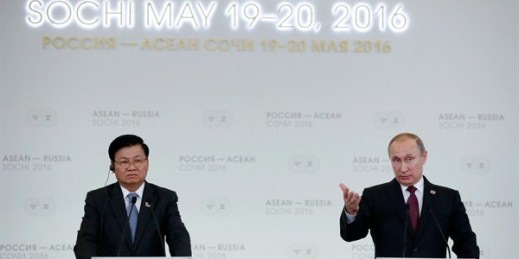
The third ASEAN-Russia summit, held in the Russian city of Sochi, concluded on May 20. In a beehive of diplomatic activity, Russian President Vladimir Putin held bilateral meetings with the leader of every member-state of the Association of Southeast Asian Nations (ASEAN) over two days. The conclave has been heralded for setting in motion a roadmap to accelerate economic and security cooperation between the states of Southeast Asia and Russia—a new level of interaction that will allow Moscow to move beyond its stalled relationships with the United States and Europe to take advantage of new opportunities in Asia. Even before […]

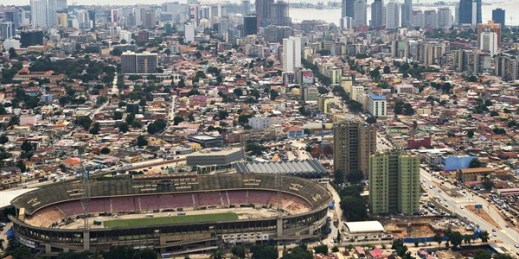
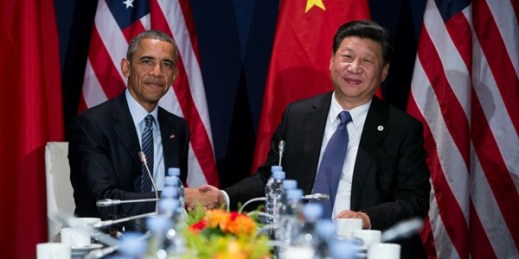
![Japan's Prime Minister Shinzo Abe, center, shakes hands with Myanmar's] President Thein Sein, left, and Thailand's Prime Minister Prayuth Chan-ocha, July 4, 2015 (AP photo by Kazuhiro Nogi).](https://www.worldpoliticsreview.com/wp-content/uploads/2016/05/l_japan_mekong_05172016_1.jpg?w=519&h=259&crop=1)
